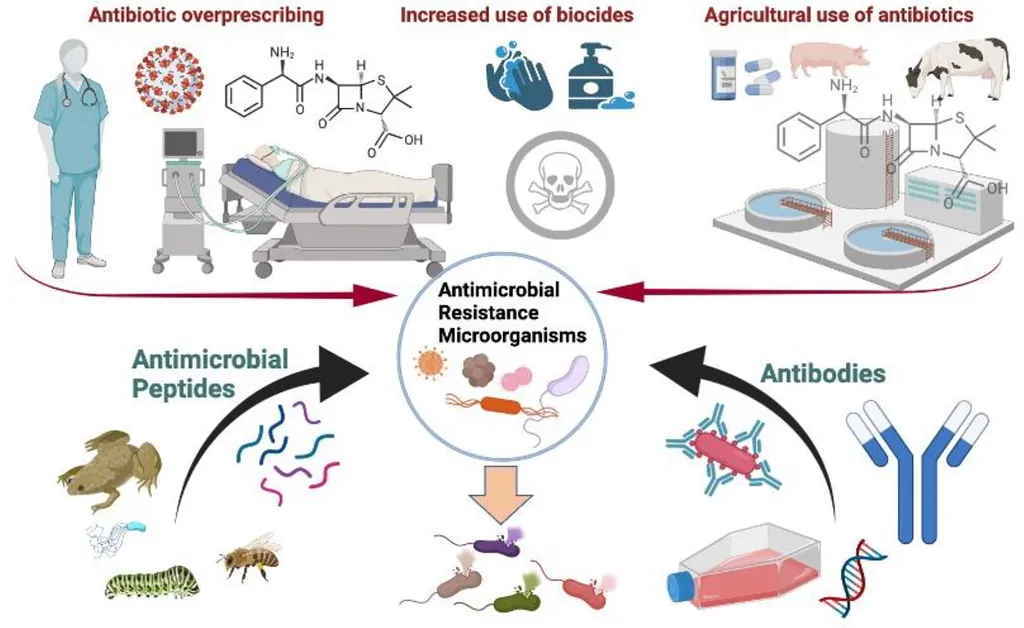In the midst of the COVID-19 pandemic, a troubling trend emerged: the rise of self-medication with antibiotics, driven by factors like coronaphobia and the easy accessibility of drugs. A recent study published in *MicrobiologyOpen* sheds light on the consequences of this behavior, particularly on the gut bacterial diversity of COVID-19 patients in Gopalganj, Bangladesh. The research, led by Rabeya Khanam from the Department of Biotechnology and Genetic Engineering at Gopalganj Science and Technology University, underscores the urgent need for awareness and responsible antibiotic use, with implications that extend beyond human health into the agricultural sector.
The study, a cross-sectional analysis involving 29 COVID-19 patients, revealed a stark prevalence of self-medication (65.5%) and multidrug resistance (89.58%) among gut bacteria. Patients who self-medicated with antibiotics exhibited higher antibiotic resistance compared to those who adhered to prescribed regimens. The research identified a variety of bacterial species, including Escherichia coli, Klebsiella pneumoniae, and Pseudomonas aeruginosa, among others, highlighting the diverse microbial landscape affected by antibiotic misuse.
“Self-medication with antibiotics raises the resistance profile of gut bacteria,” Khanam explained. “Our findings demonstrate that, in addition to self-medication, other factors such as diet, water, and sanitation can contribute to the development of antibiotic-resistant bacteria.”
The implications of these findings are profound, particularly for the agricultural sector. Antibiotic resistance in gut microbes can have cascading effects on livestock and poultry, where antibiotics are often used to promote growth and prevent disease. The transfer of resistant bacteria from humans to animals, and vice versa, poses a significant threat to food safety and agricultural productivity. As the study suggests, a healthy lifestyle and informed antibiotic use can mitigate the risk of antimicrobial resistance, benefiting both human and animal health.
The research also opens avenues for future developments in the field. Understanding the interplay between antibiotic use, gut microbial diversity, and resistance patterns can inform better practices in both human and veterinary medicine. For instance, the agricultural sector could adopt more stringent biosecurity measures and explore alternative growth promoters to reduce reliance on antibiotics. Additionally, the study underscores the need for further research into the environmental factors that contribute to antibiotic resistance, such as water and sanitation, which are critical in both urban and rural settings.
As the world continues to grapple with the aftermath of the COVID-19 pandemic, this study serves as a timely reminder of the importance of responsible antibiotic use. The findings not only highlight the immediate health risks associated with self-medication but also underscore the broader implications for agriculture and food security. By fostering awareness and promoting best practices, we can safeguard the efficacy of antibiotics and protect the delicate balance of our microbial ecosystems.

